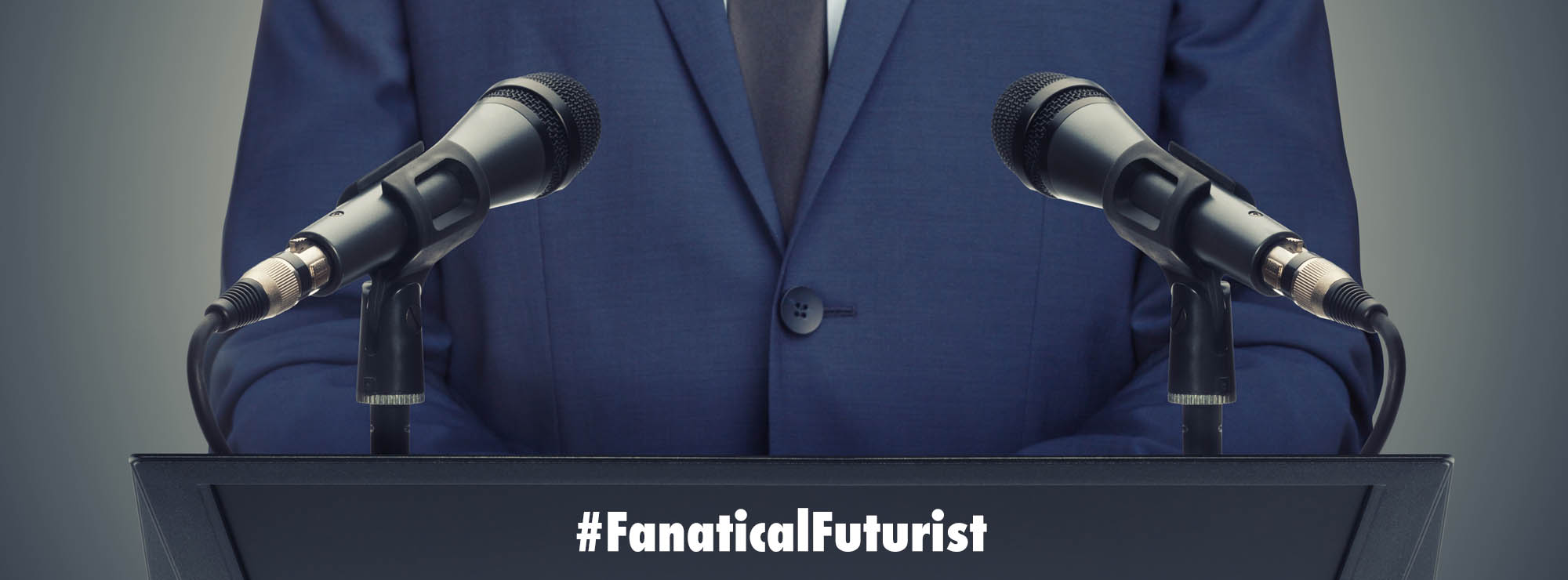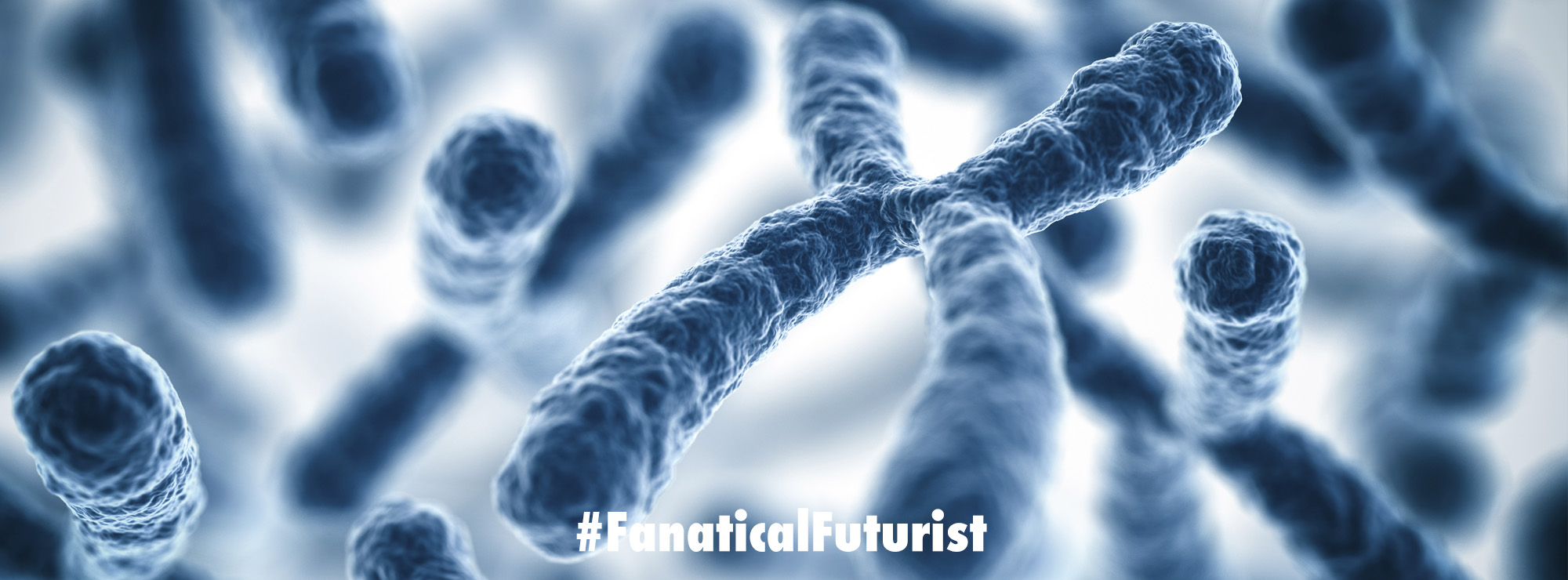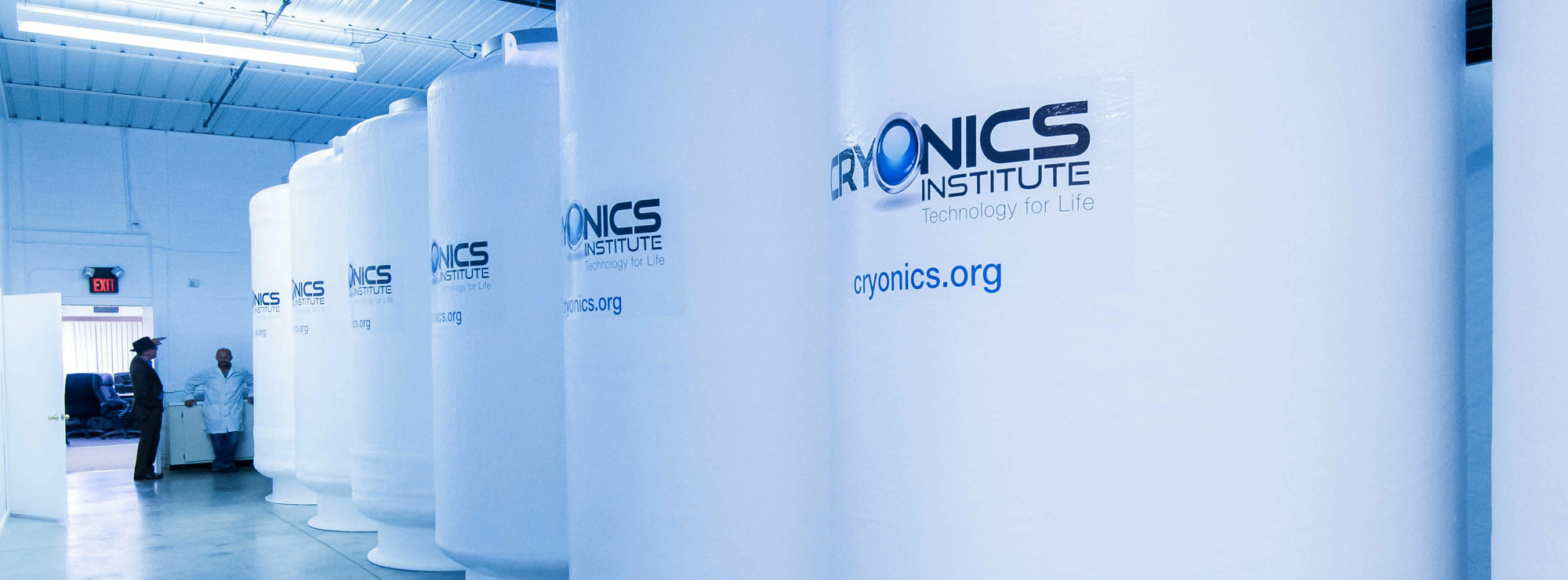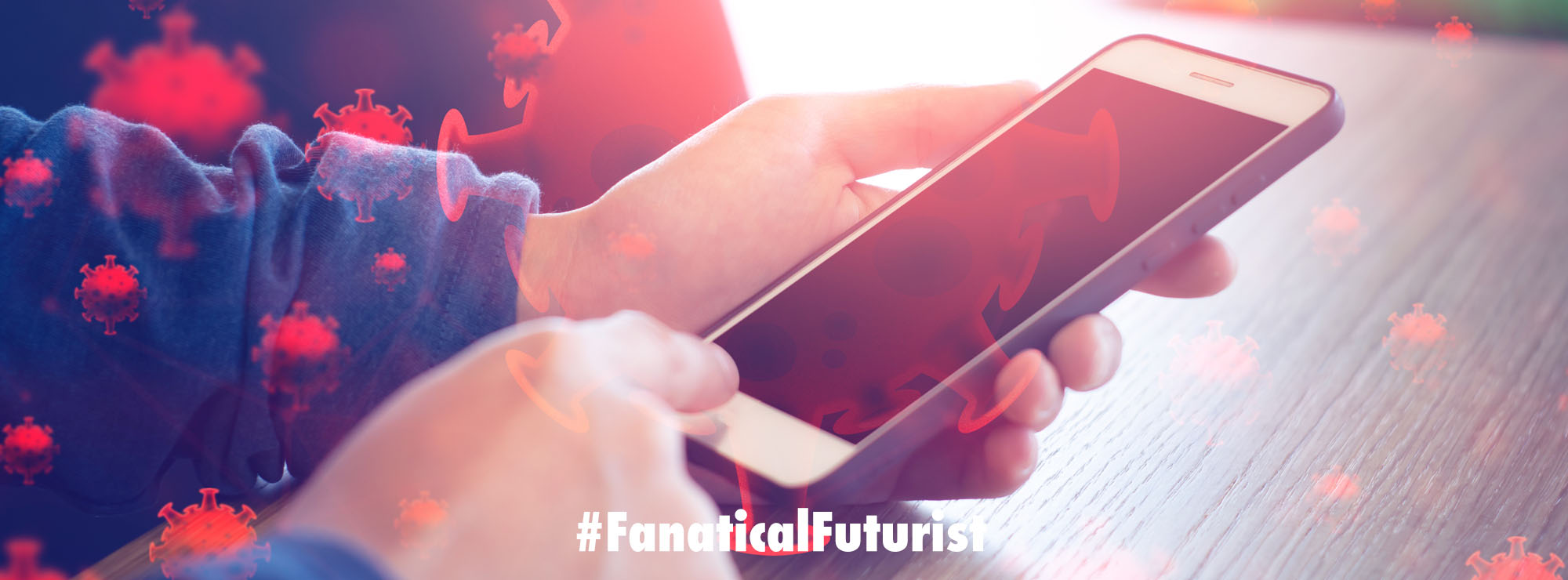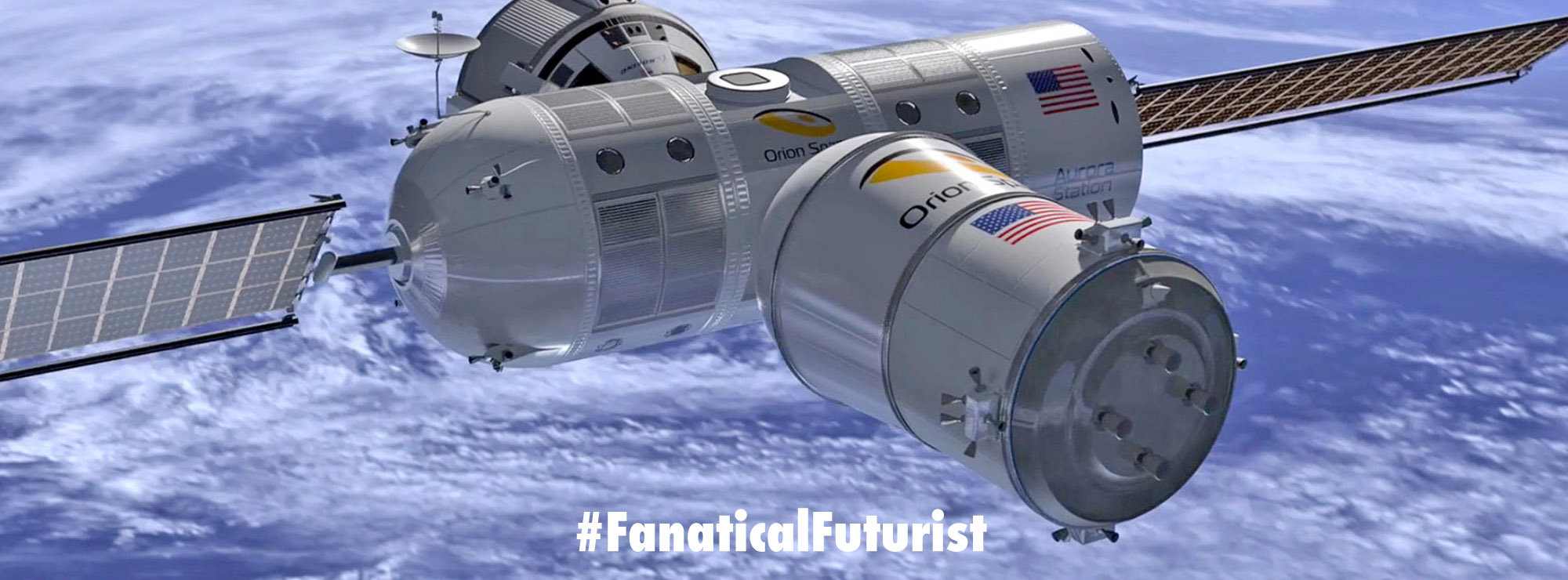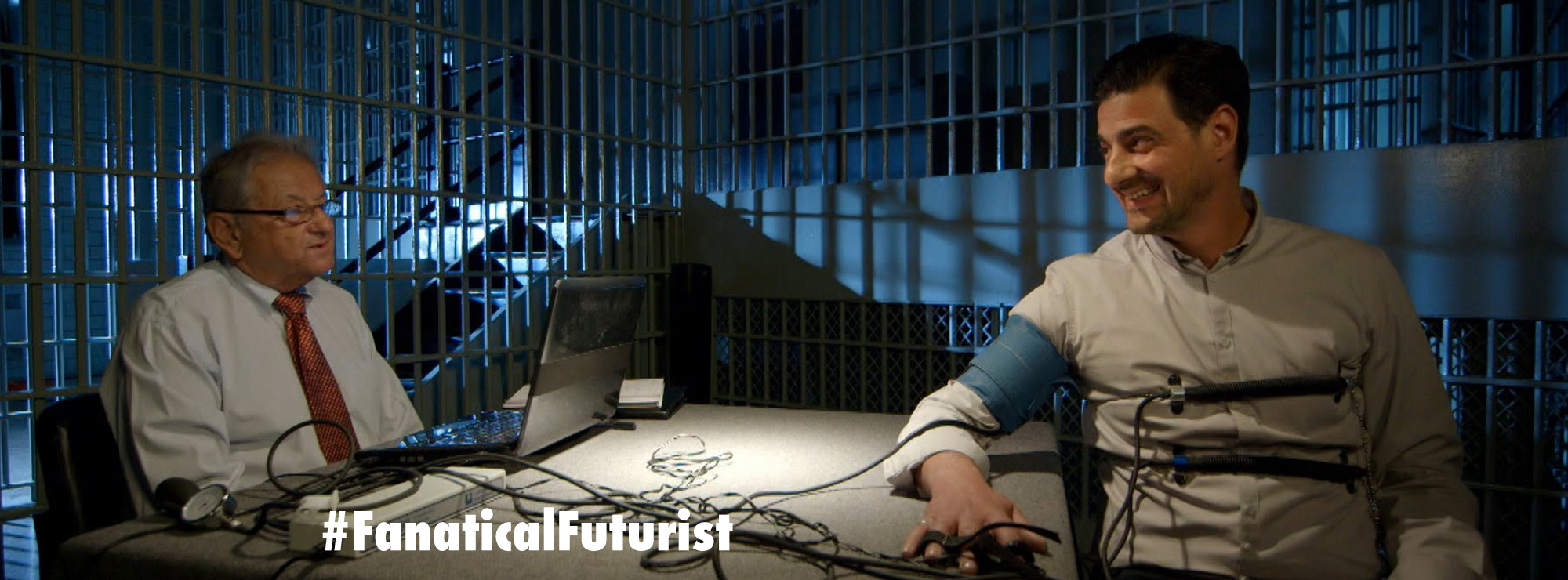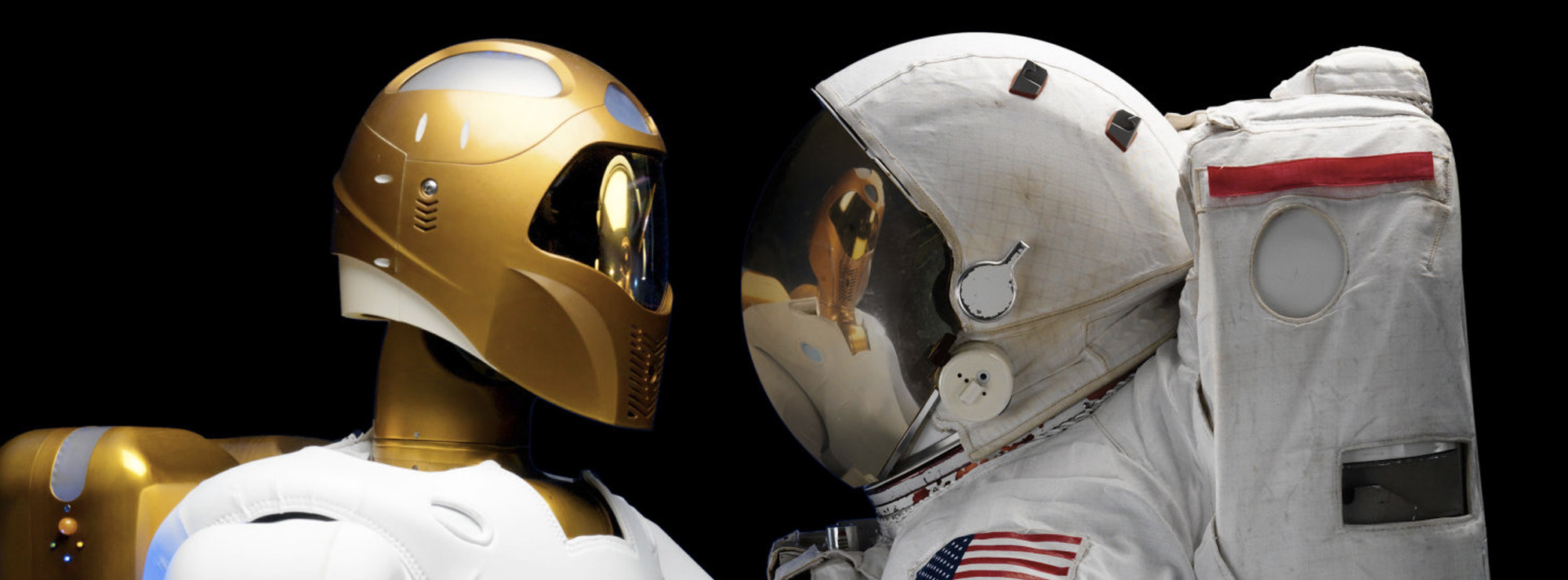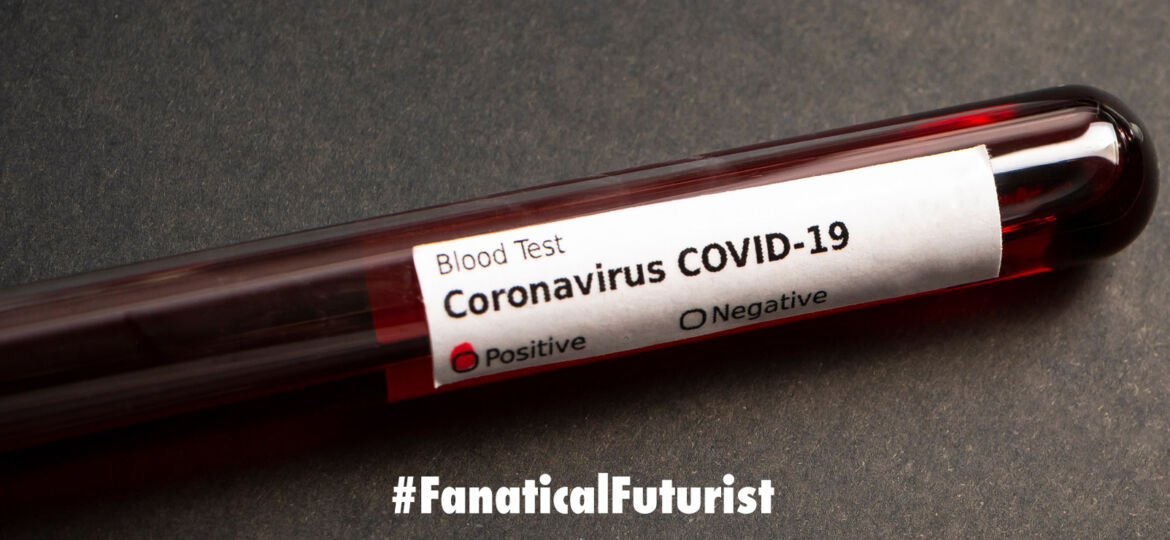
WHY THIS MATTERS IN BRIEF
Globally Covid-19 lab testing facilities are under enormous pressure but robotic labs are arriving to help increase capacity.
 Interested in the Exponential Future? Connect, download a free E-Book, watch a keynote, or browse my blog.
Interested in the Exponential Future? Connect, download a free E-Book, watch a keynote, or browse my blog.
As the coronavirus, COVID-19, continues its spread around the world entrepreneurs and governments around the world are using technology in new and novel ways to help fight its spread, whether it’s using 3D printers to help fix ventilators and turn snorkels into respirators, AI’s and supercomputers to try to identify vaccines and use people’s voices to test for signs of infection, using drones to disinfect streets and scan people breaking curfews for signs they’re infected, autonomous vehicles to disinfect streets and subways, robots to treat hospitalised patients, or smartphones to monitor and track people when they’re out and about or in lockdown.
A little while ago I discussed how Harvard University had built an autonomous “self-driving lab” to solve climate change, and now, as doctors across the US scramble to catch up on coronavirus diagnoses as the rapidly growing spike of infections boosts the number of COVID-19 cases, a team of scientists from UC Berkeley have created a robotic diagnostic lab capable of processing COVID-19 tests a day, according to UC Berkeley’s blog.
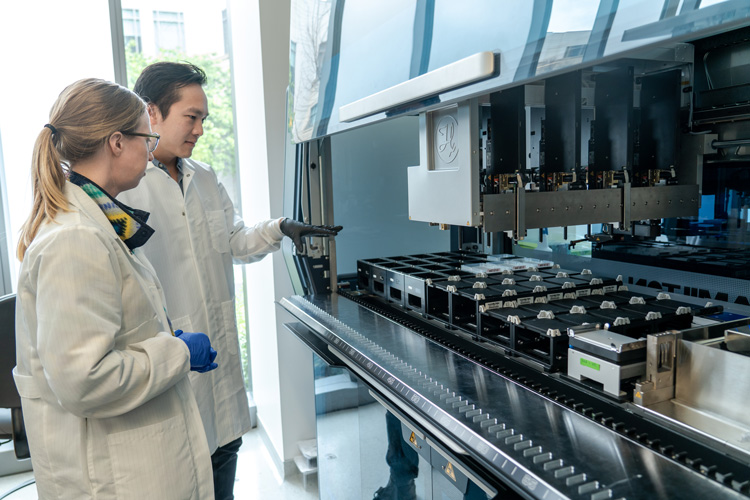
Courtesy: UCB
The robo-lab is a joint effort made up of a unique team of corporate partners and volunteers who together are now providing sorely needed testing capacity to help test people with symptoms of COVID-19 in the Bay Area, and also provide assistance to public health officials map the spread of the epidemic.
“The UC Berkeley team is racing to address this critical public health situation by establishing an autonomous testing lab that will be immediately impactful in our community while also generating data that contributes to understanding the spread of the SARS-CoV-2 virus,” said Jennifer Doudna, who’s leading the initiative.
The new lab was made possible thanks to the “emergency modification of state and federal regulations” and California’s declared state of emergency, which allowed the team, to partner with clinicians at University Health Services, the student health center at UC Berkeley, and both local and national companies to bring robotic and analytical equipment together to lay the groundwork for a “safe and robust pipeline for intake and processing, acquire regulatory approvals and train an intrepid crew of scientists who are veterans of on-the-ground research,” which includes analysing patient swabs with a rapid turnaround of less than 24 hours.
Comprising the group of scientists are more than 50 volunteers from UC San Francisco, UC Berkeley, and local data management companies together they are testing their first viral samples of the novel coronavirus this week, and they hope that by next week they’ll have gained certification under the Clinical Laboratory Improvement Amendments (CLIA) program.
Source: UCB

